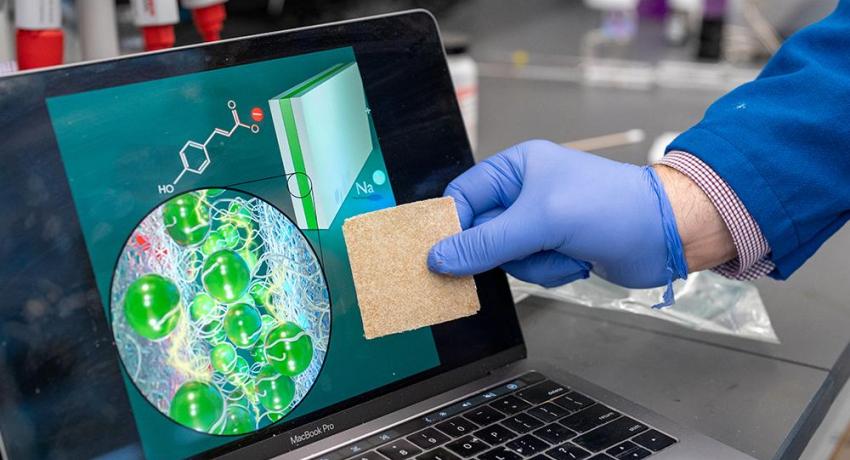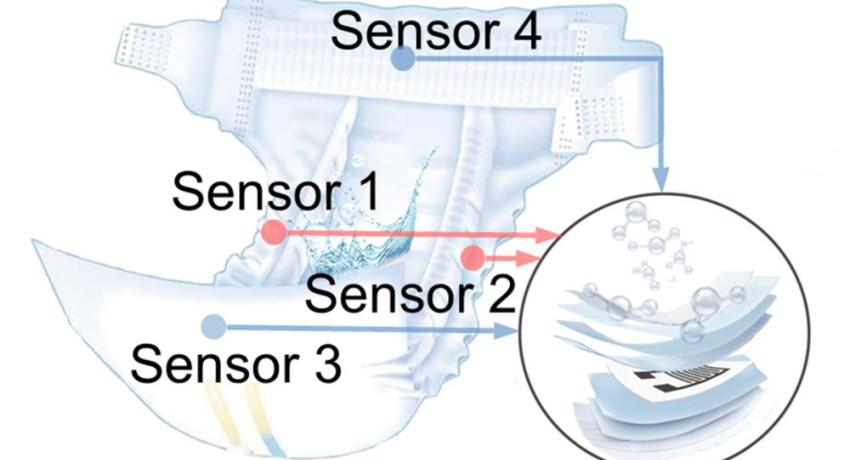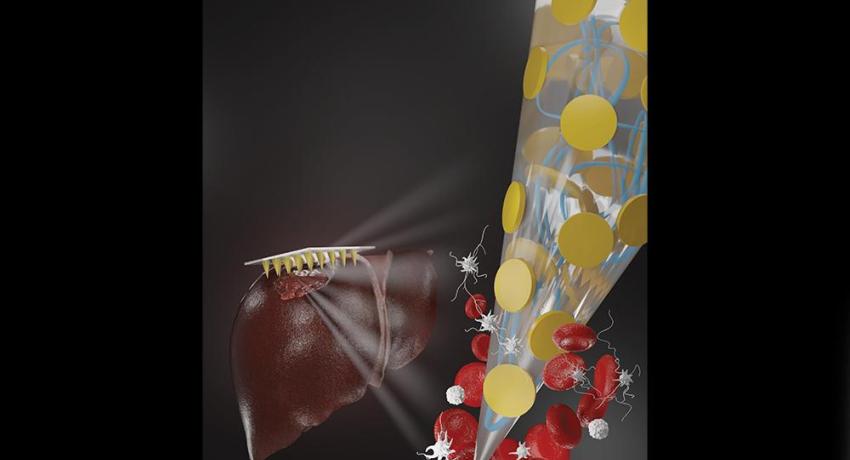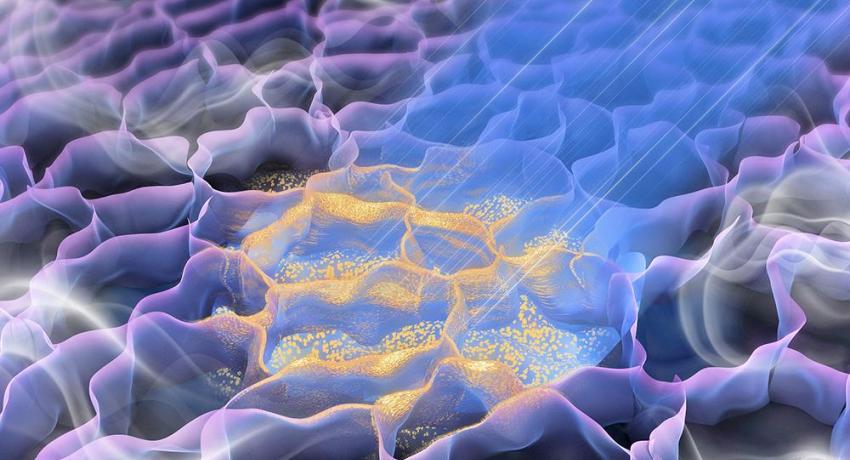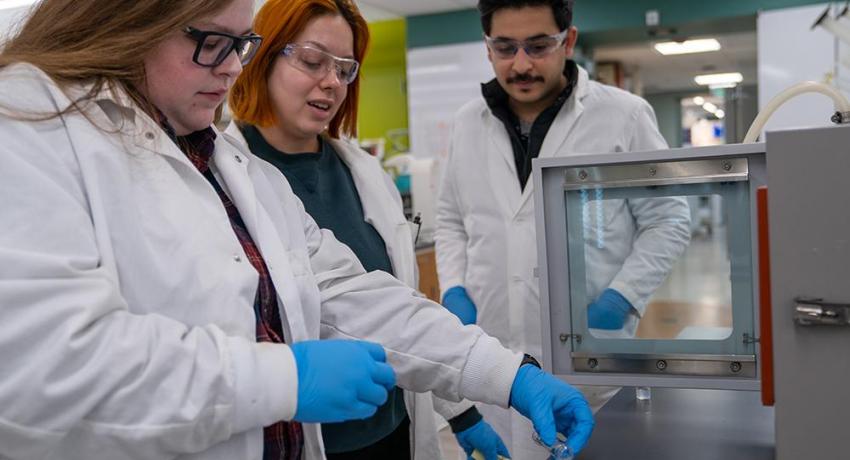Researchers use water treatment method to capture acids from agricultural waste
By Mariah R. Lucas
UNIVERSITY PARK, Pa. — Bound for the landfill, agricultural waste contains carbon sources that can be used to produce high-value compounds, such as p-coumaric acid, which is used in manufacturing pharmaceuticals. Electrodeionization, a separation method that uses ion-exchange membranes, is one way to capture the acids and other useful components. However, to capture large quantities at scale, improvements to the method must be made.

